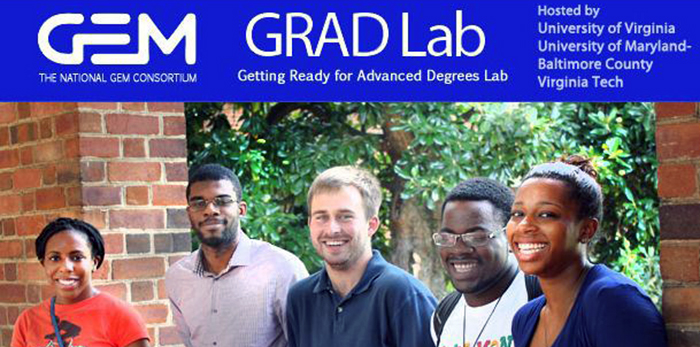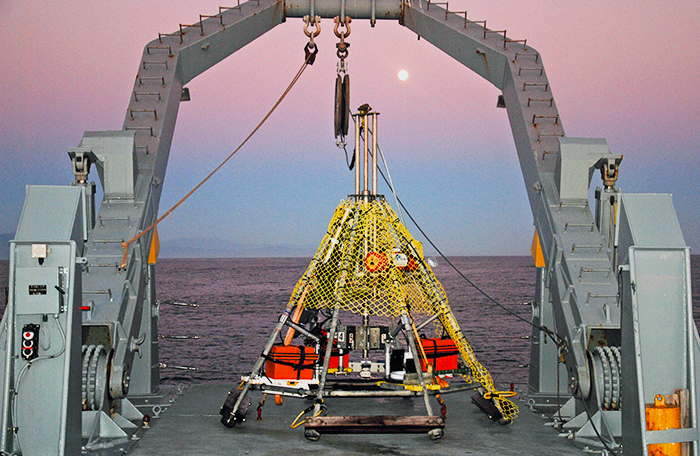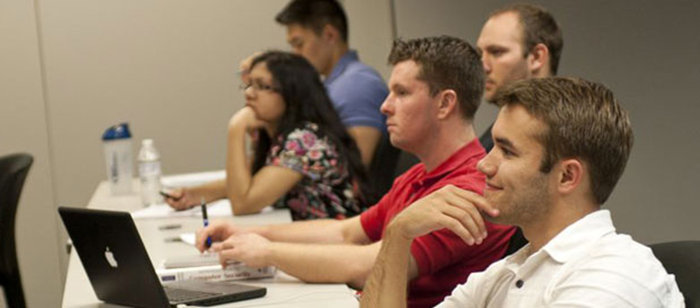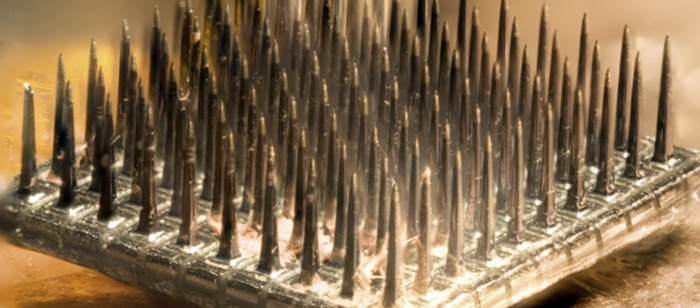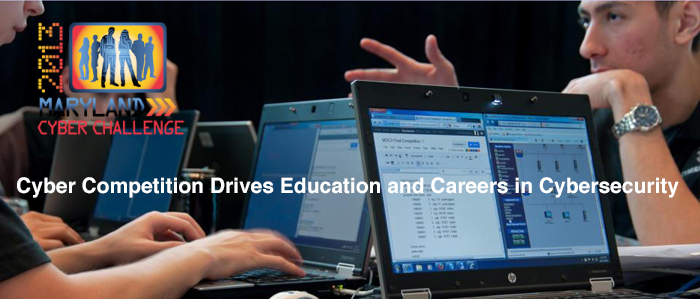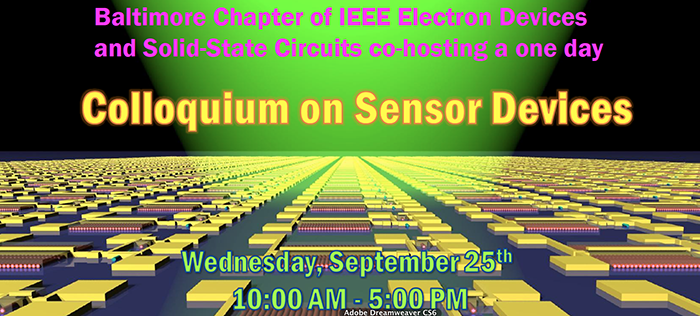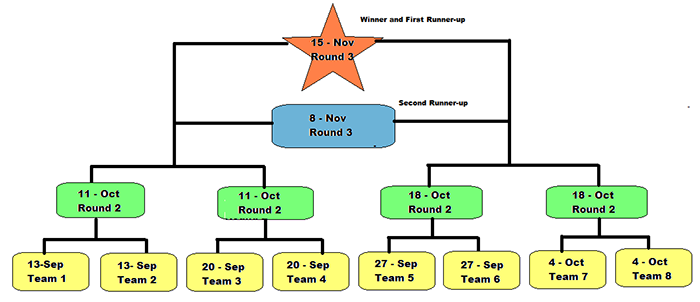This site uses functional cookies and external scripts to improve your experience. Which cookies and scripts are used and how they impact your visit is specified on the left. Your choices will not impact your visit.
Details
NOTE: Third-party Google scripts on this website may have access to cross-site third-party cookies under the google.com domain. We, the CSEE Department, do not access, read, or write these third-party cookies, and as a result, we do not control their presence on your browser. You may block them by using a third-party cookie blocker in your browser.
If you click Accept below to accept the general cookie consent, then a “wpgdprc-consent” cookie will be stored on your browser, to record your general consent.
If you click Accept below to accept the general cookie consent, and also have Google Analytics cookies enabled (on the sidebar to the left), the CSEE Department website will store and access Google Analytics cookies on your browser. We use the data from these cookies to collect information on website usage statistics and improve user experience. If you do not wish to allow Google Analytics cookies on your browser, then either do not click Accept on the bottom bar, or disable Google Analytics on the left.
If you log in to this website, then several Wordpress cookies and session variables will be stored on your browser. Accessing the login screen constitutes your consent to have Wordpress cookies and session variables stored on your computer.
External Scripts
The CSEE Department website makes use of several external scripts to improve user experience. These include, but are not necessarily limited to: Google Calendar, Google Analytics, and ReCAPTCHA. If you choose to use this website, then you agree to allow these scripts to be loaded and executed.
External Links
Our service may contain links to other sites. If you click on a third-party link, you will be directed to that site. Note that these external sites are not operated by us. Therefore, we strongly advise you to review the Privacy Policy of these websites. We have no control over, and assume no responsibility for the content, privacy policies, or practices of any third-party sites or services.
NOTE: These settings will only apply to the browser and device you are currently using.
